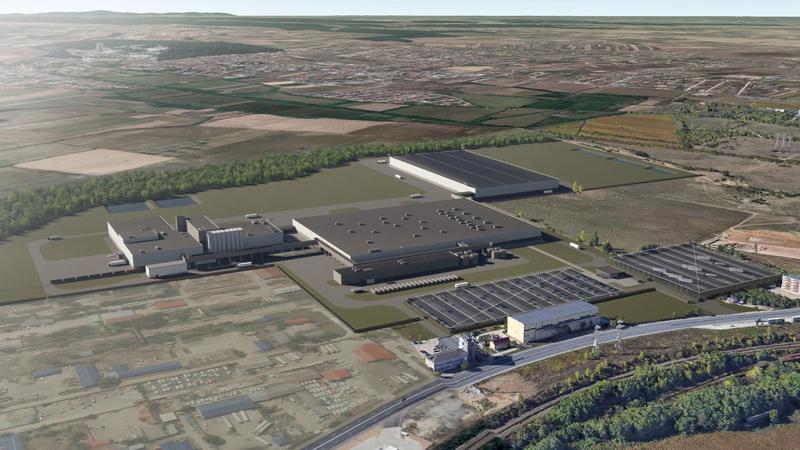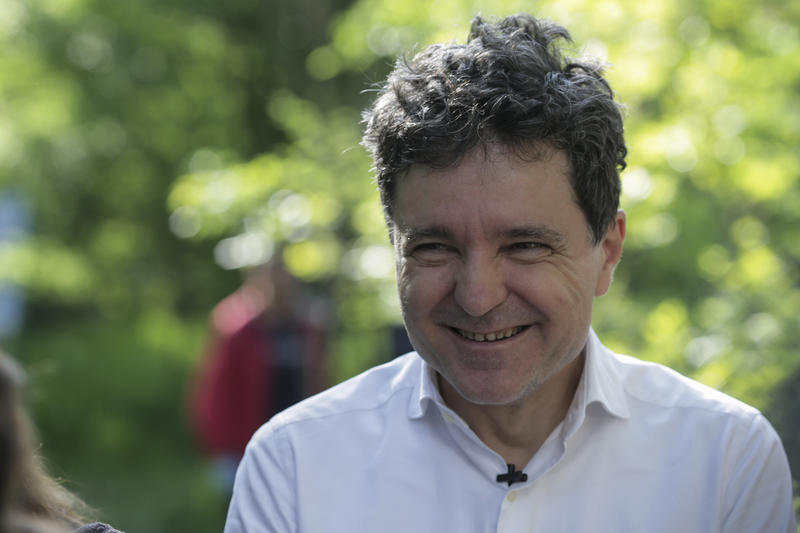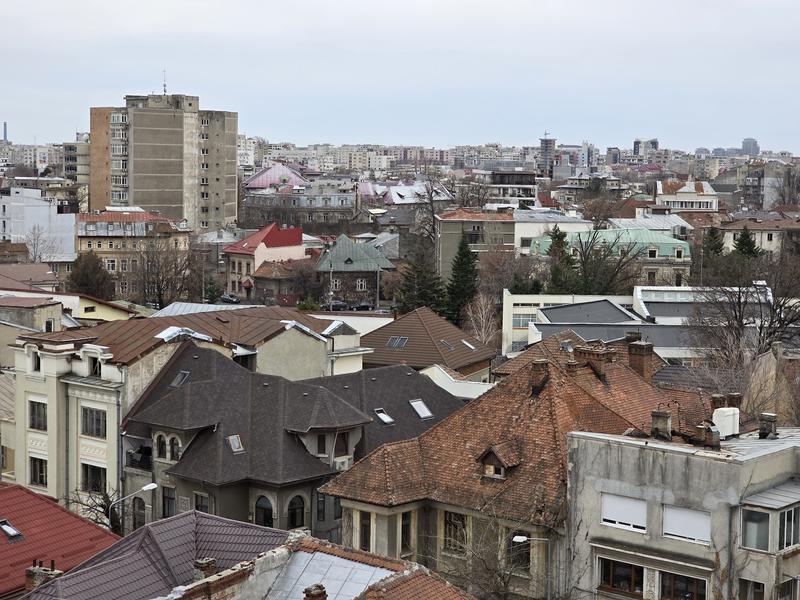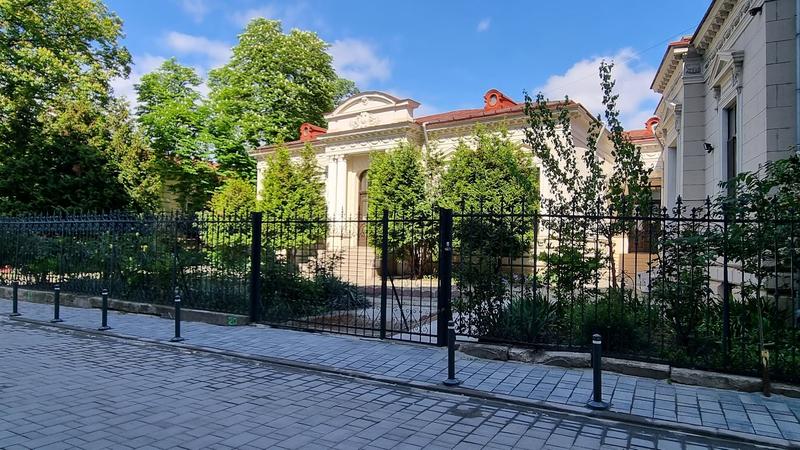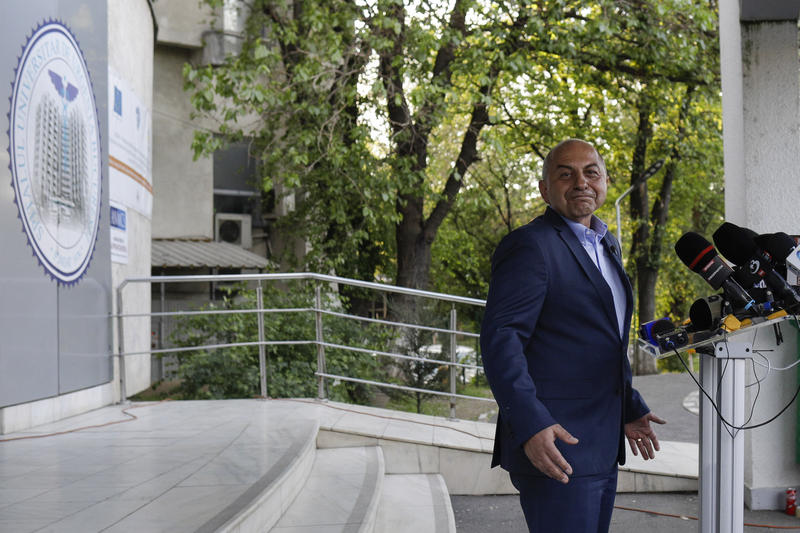Romanian sociologist and foreign policy analyst Dan Dungaciu, from the Institute of Political Science and International Relations of the Romanian Academy, specialised in the Republic of Moldova, gave HotNews.ro, in an interview with Anne-Marie Blajan, his opinion on the attitude Romania should adopt depending on who takes over power in the Republic of Moldova.
Analyst Dan Dungaciu believes the results are not surprising. The electorate, he says, was divided by the April 7 events, between the ones who took the side of the opposition and the ones who took the side of the Communist Party. Even from then, the percentages were about 40-40%. If Marian Lupu's Democratic party and its 12.5% (about 13 mandates) joins the Opposition, than the liberal party have won the elections with a total of 56 mandates.
Talking about possible coalitions, one scenario sees all opposition parties forming the Government with 56 mandates, a figure that will allow them to choose the Parliament's speaker, but not the country's president, for which the need an additional 5-6 mandates. He did not exclude the fact that several PCRM members to migrate towards the Opposition on seeing that the Communists are losing power.
A second scenario sees Lupu's party getting into a coalition with the Communist Party. Together, they would have 58 mandates, three mandates short from naming the president.
Should none of the scenarios work, there will be a parliamentary blockage in the Republic of Moldova. Voronin will have to remain president until last year, when new general elections could be held again.
Dungaciu believes that if the Opposition will form the government, the visas for Romanian may be dropped, as an attempt to straighten the relationship with Romania. He believes that, in this case, Romania must assume the role of helping Chisinau of getting out of the crisis. He believes that if a pro-European coalition will rule Moldova, the EU needs to contribute to the situation with a helping hand. In this case, he sees Romania as a link between Brussels and Chisinau.
The interview goes on to discuss the difference between the results given by the exit polls and the official results. If the results differ with a 5-6%, the votes are either not rigorous or there has been a fraud.
